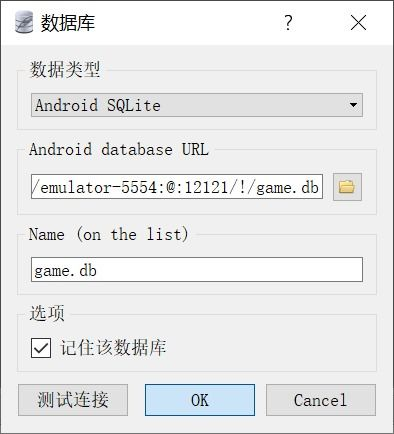ASP.NET Binary Image Display, Displaying Images from Binary Data in ASP.NET
Understanding Binary Image Storage
In modern web applications, it is common to store images as binary data in databases. This approach allows for efficient data management and scalability, particularly when dealing with numerous images. In ASP.NET, binary image data can be derived from various sources, including a SQL Server database, and can be displayed on a web page with proper handling.
How to Retrieve Binary Images from Database
To display binary images in ASP.NET, you first need to retrieve them from a database. Assuming you have an SQL Server table with an image column, you can utilize ADO.NET or Entity Framework to execute a SQL query and obtain the image data. Here is a simplified example:
You’ll create a method to fetch the binary data:
private byte[] GetImageFromDatabase(int imageId) {
byte[] imageData = null;
using (SqlConnection conn = new SqlConnection("YourConnectionString")) {
conn.Open();
string query = "SELECT ImageColumn FROM Images WHERE ImageId = @ImageId";
SqlCommand cmd = new SqlCommand(query, conn);
cmd.Parameters.AddWithValue("@ImageId", imageId);
imageData = cmd.ExecuteScalar() as byte[];
}
return imageData;
}
Converting Binary Data to Image
Once you have the binary data, you need to convert it to a base64 string so that it can be displayed in an `` tag on your web page. The conversion is straightforward:
if (imageData != null) {
string base64String = Convert.ToBase64String(imageData,
0, imageData.Length);
string imageUrl = "data:image/png;base
64," + base64String; // Assume png format; adjust accordingly
}
Finally, you would use this `imageUrl` string in your HTML to display the image:

Integrating with ASP.NET Page
In your ASP.NET page, integrate the above methods within the server-side code. Upon loading the page, call the method that retrieves the binary data and transforms it into a format suitable for display. Ensure proper handling of HTTP requests to supply image data dynamically if needed. Here's a simplified example of how to display the image in an ASP.NET Web Forms page:
protected void Page_Load(object sender, EventArgs e) {
if (!IsPostBack) {
int imageId = 1; // Example image ID
byte[] imageData = GetImageFromDatabase(imageId);
if (imageData != null) {
string base64String = Convert.ToBase64String(imageData,
0, imageData.Length);
ImageControl.Attributes["src"] = "data:image/png;base
64," + base64String;
}
}
}






